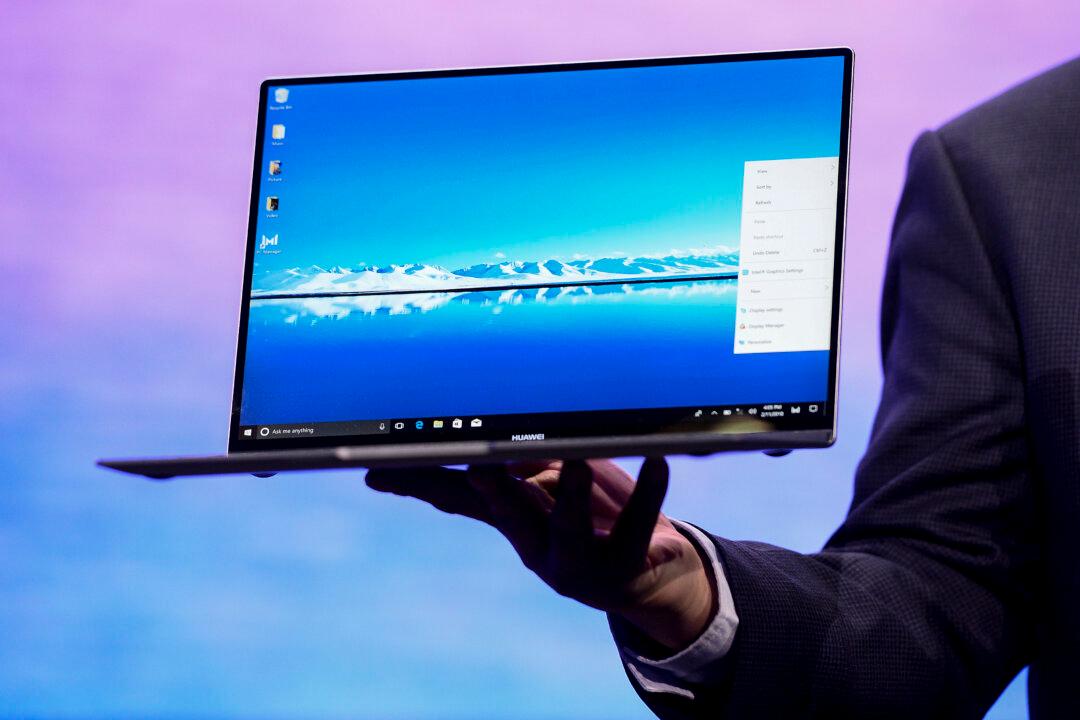Researchers at U.S. tech giant Microsoft recently revealed that they discovered a backdoor in certain Huawei laptop models that allowed unprivileged users to gain access to all laptop data.
This vulnerability is similar to the technique DoublePulsar, a malware tool leaked by the hacker group The Shadow Brokers in early 2017. It had infected more than 200,000 computers running on Microsoft Windows software within a few weeks.





